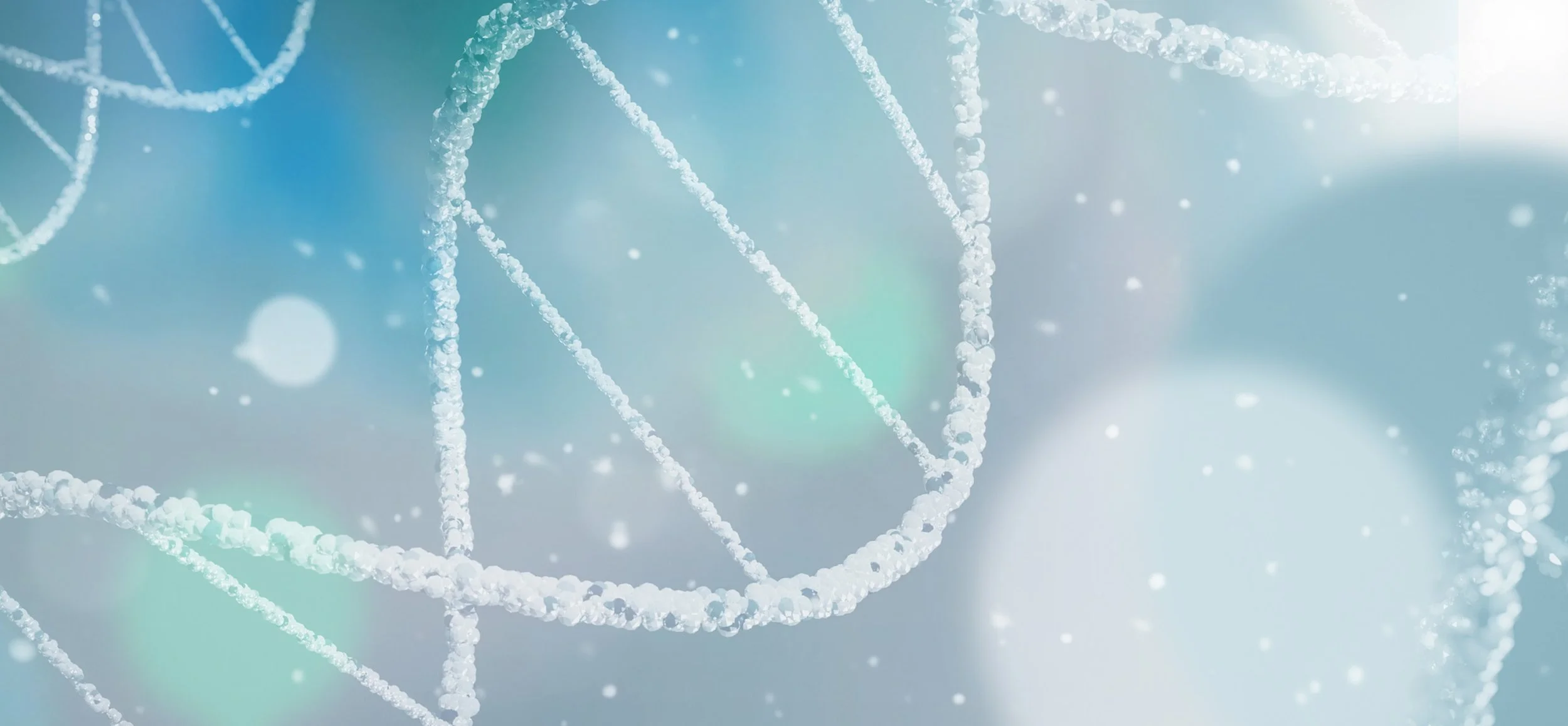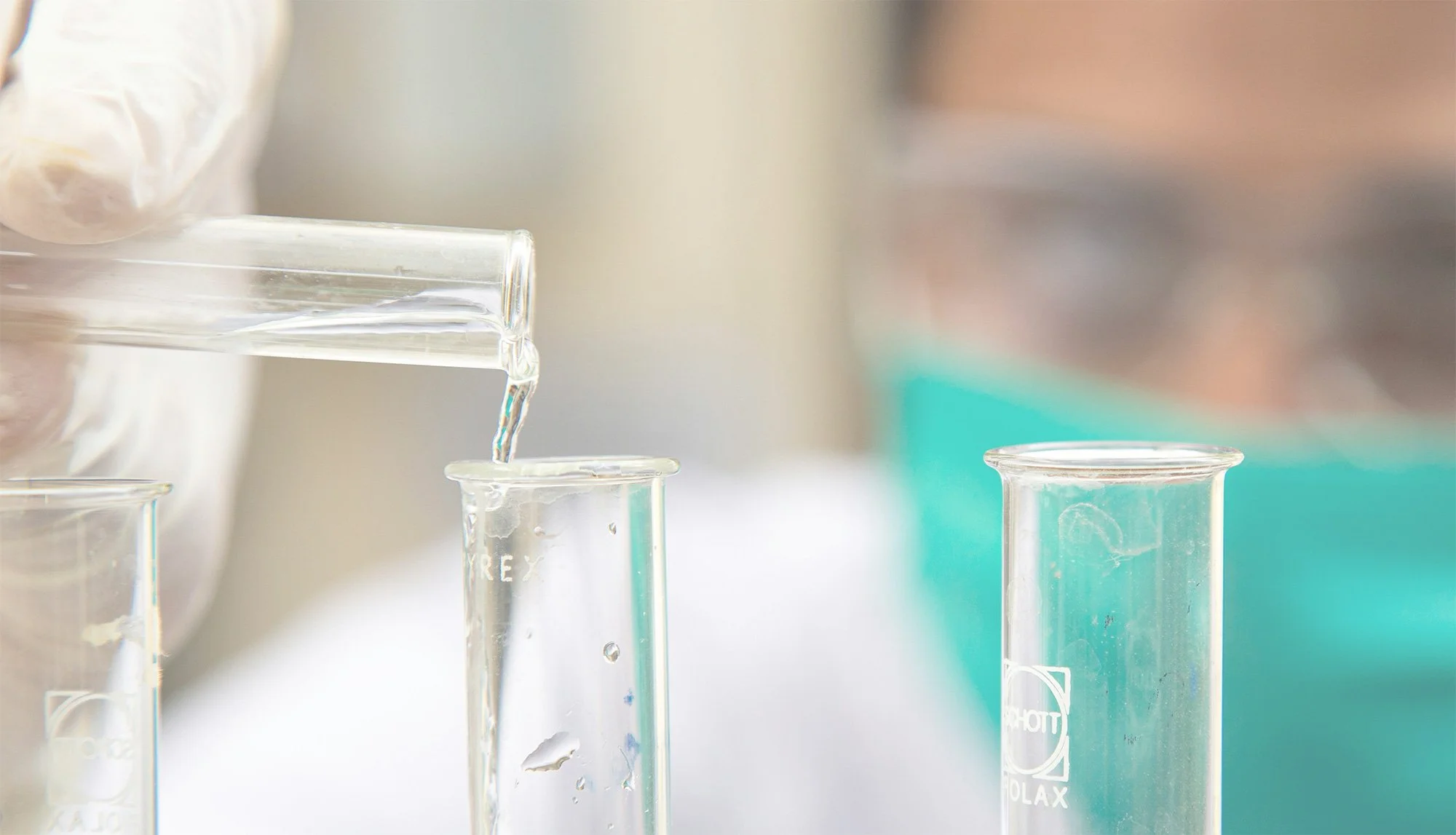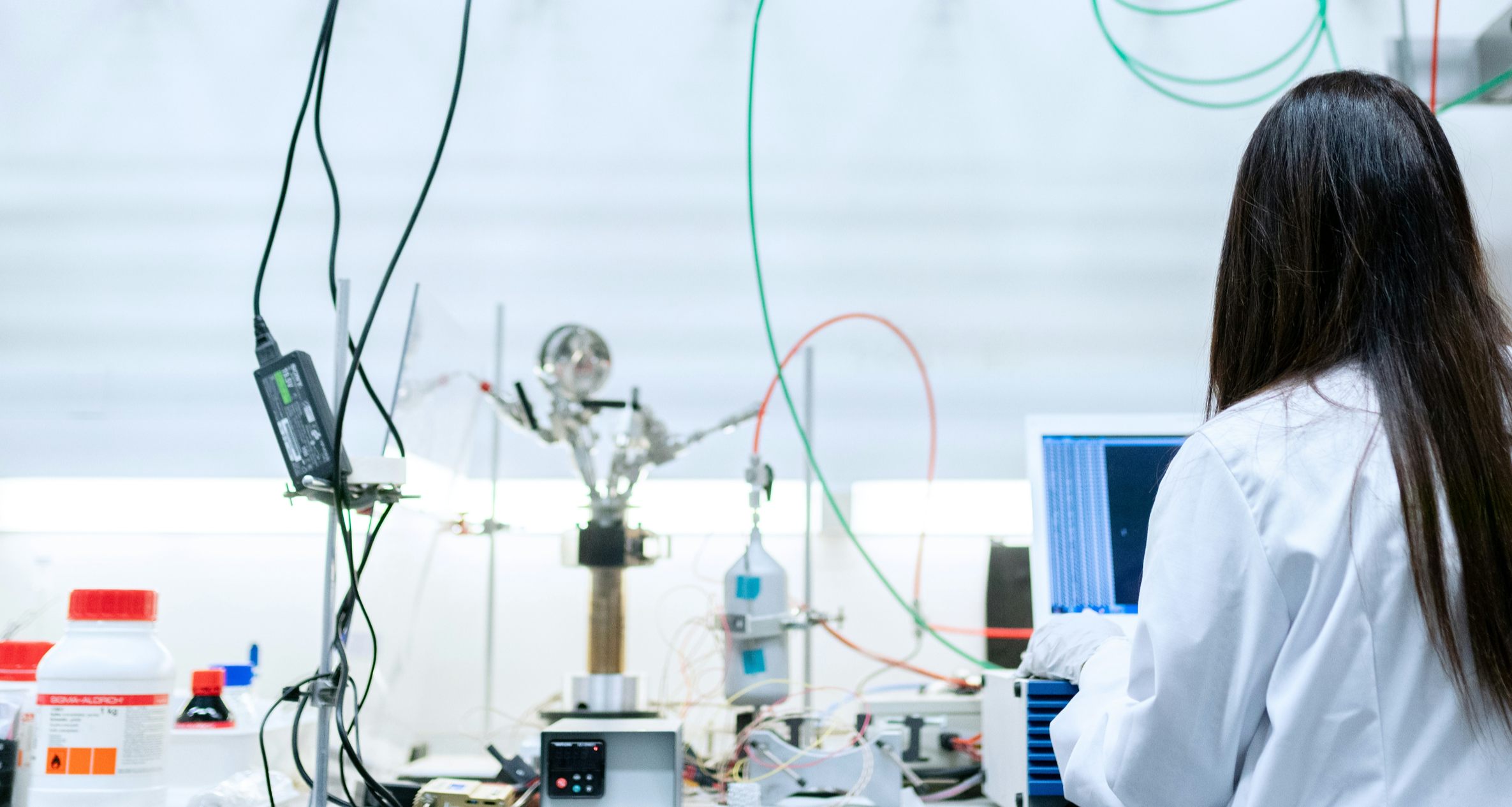
Reimagining the Future of Cancer Treatment
Our novel small-molecule drugs exploit the biological differences between tumor and normal cells to deliver safer, more effective cancer therapies.
We’re AACT.
Developing Innovative Therapies to Defeat Cancer
We’re a research-and-development-stage biopharmaceutical company developing innovative products for the treatment of cancer. A key component of our strategy for eliminating cancer is to exploit the differences in growth regulation between normal and tumor cells to enhance a patient’s response to treatment through the use of these new drugs.

Our products are small-molecule, patent-protected drugs that address unmet markets and the three major problems associated with currently approved cancer therapeutics:
Engineered to Overcome the Limitations of Today’s Cancer Treatments
Toxicity
Lack of Efficacy
Resistance
From Leading Cancer Institutes to Life-Changing Therapies
We are a biopharmaceutical company focused in the field of oncology. Our primary source of technology is derived from research conducted at the Icahn School of Medicine at Mount Sinai (ISMMS) in New York, NY and the Fels Institute for Cancer Research and Molecular Biology of the Temple University School of Medicine in Philadelphia, PA. Currently, all research funded by the Company is carried out either at Mount Sinai or at the Lankenau Institute for Medical Research (LIMR) in Philadelphia, PA where it has leased biological and chemical research space.
Our collaboration with the Fels Institute and Icahn School of Medicine at Mount Sinai has resulted in the creation of a unique library of chemical compounds. Currently, this library contains more than 10,000 novel compounds that are covered by license agreements with Temple University and ISMMS. Several novel anticancer drugs have been discovered using this chemical library, which is unique in that these drugs kill a broad range of tumor types which harbor specific mutations that are not present in normal cells. As a result, the body’s normal cells are spared from unwanted drug-induced death. The lead drug candidates of this class, AA150030 and AA108600 are the focus of our current research and development efforts.
The Leadership
Dr. E. Premkumar Reddy, Ph.D.
The principle founder of the Company and developer of AA150030, is a professor and director of Experimental Cancer Therapeutics at Icahn School of Medicine at Mount Sinai, New York. Before joining Mount Sinai, he served as the Director of the Fels Institute for Cancer Research and Molecular Biology (an affiliate of Temple University, Philadelphia, PA). He has made seminal discoveries in the molecular biology of oncogenes and mechanism of action of protooncogenes and is the co-inventor of the most successful commercial diagnostic tests for HIV.
LinkedIn Profile
M.V. Ramana Reddy FRSC, FRSM
It all begins with an idea. Maybe you want to launch a business. Maybe you want to turn a hobby into something more. Or maybe you have a creative project to share with the world. Whatever it is, the way you tell your story online can make all the difference.
LinkedIn Profile
Our Intellectual Property
We either own the results of its research efforts or exclusively licenses them from Temple University or the Icahn School of Medicine at Mount Sinai. The company also has the right to develop, market or sub-license these technologies and products worldwide. Patent applications have been filed in multiple countries to protect ongoing activities and intellectual property. To date, more than 10 applications have been filed to cover cancer products and technologies. Four of these patents have been issued. Currently, more than 6 patent applications are included in this license. These patent applications cover composition of matter, method of treatment and process of manufacturing these drugs. These applications cover all of our anticancer compounds. The Company employs its own outside patent counsel who oversees the work of the University patent counsels. Four patents have been issued.
AA150030
AA150030 is the Company’s most advanced and innovative compound.
Approximately 30% of AML and >95% of CML patients harbor a mutation in the FLT3 gene or have a chromosomal translocation which results in the production of the BCRABL protein, respectively. These two forms of leukemias constitute a large percentage human leukemias. AA150030 has been extensively tested by the Company and independent experts. These studies show that AA150030 exhibits extraordinary specificity towards FLT3+ and BCRABL+ cells, without affecting normal cells and other tumor cells that do not harbor these mutations both in vitro and in vivo.
AA150030 has a unique mechanism of action. This drug affects a crucial step in the control of cell division by selectively blocking cancer cells from dividing and causing apoptosis (cell-suicide) in the treated cells. Since normal cells do not harbor mutations in the FLT3 or ABL genes, their viability and growth is unaffected by AA150030, thus providing an escape mechanism for normal non-cancerous cells and protecting them from any damage.
AA150030 enhances the activity of conventional chemotherapy when used in combination. Its ability to synergize with other therapeutics allows the use of lower doses of conventional chemotherapy in combination with AA150030, which drastically reduces the side effects without impairing the patient safety.
Because the mechanism of action of AA150030 is distinct from cytotoxic drugs used to treat leukemias such as daunorubicin and cytarabine, it will likely be useful for the treatment of drug-resistant cancers.
Unlike most other anticancer agents, AA150030 is orally bioavailable, allowing a convenient route of administration.
An IND is planned in 2022.
AA108600
AA108600 is a kinase inhibitor that targets Cancer Stem Cells (CSCs) which have been shown to contribute to the metastasis and lethality that occur in triple negative breast cancers (TNBCs) and hormone-resistant prostate cancers. Preclinical studies have shown that AA108600 is lethal to TNBC CSCs, which are present in high numbers in TNBC.
Pre-clinical studies have shown that AA108600 inhibits the growth of TNBCs, overcomes chemotherapy resistance and in combination with paclitaxel, eliminates the growth of metastatic lesions. As there is no approved targeted therapy for TNBCs, AA108600 addresses an important unmet clinical need.
Preliminary studies show that AA108600 and one of its analogs (AA108110) are potent inhibitors of SARS-Co-V-2 replication in vitro, suggesting that these two compounds may find application in the treatment of viral infections. Because these compounds act by inhibiting cellular proteins that are required for viral replication, mutations in the viral genome do not affect their ability to inhibit viral replication.
AA15040
AA15040 is a second generation of RAS mimetic that specifically targets RAS-driven cancers. The RAS gene family encodes the most frequently mutated oncogenes (occurring in approximately 25-30% of all cancers) and mutant RAS is most often associated with patient death. Unfortunately, the development of RAS inhibitors has been unsuccessful due to the lack of well-defined pockets and cavities on the RAS surface. To achieve inhibition of RAS signaling pathways, AACT has undertaken a novel approach that exploits the observation that RAS binds to these cellular proteins via a protein domain called the RAS-binding domain (RBD). AACT has developed compounds that bind to the RBDs of RAS-binding proteins and blocks RAS signaling. One of these RAS mimetics that inhibits RAS signaling in low nanomolar concentrations, AA15040, is currently undergoing pre-clinical testing for the treatment of RAS-mutant lung cancers.
Contact Us
Contact us to learn more about our science and discover exciting partnership opportunities.




